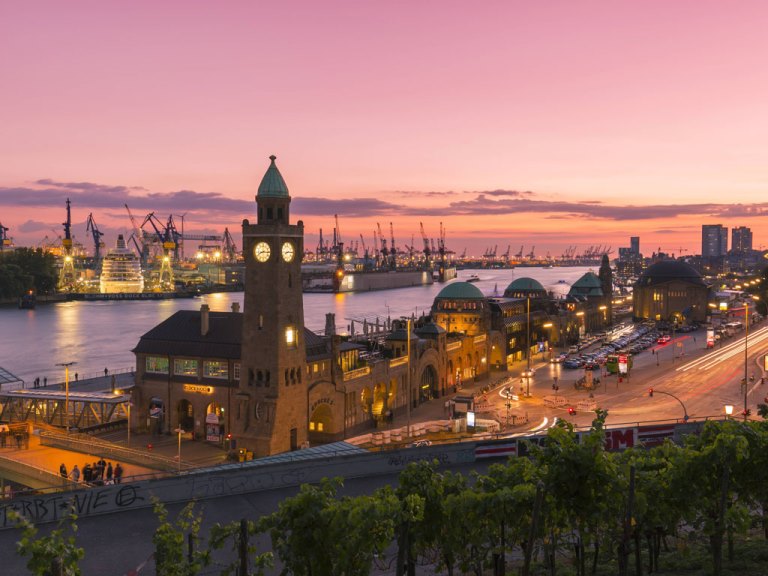The 21st International Conference on Urban Planning and Regional Development in the Information Society (GeoMultimedia 2016) will take place on June 22-24, 2016 in Hamburg, Germany.
Smart cities go hand in hand with evolvement and improvement of digital technology. They are a post-industrial reaction to the economic, social and political changes and challenges the world has been facing throughout the last decade – like the demographic change, the financial crisis or scarcity of resources.
In cities there are plenty of players with very different tasks and interests. Many of them are trying to own the term “Smart city”. It is somehow fascinating to compare the different interpretations of this label – from a geographic point of view (for example in Europe, USA, China, …), through its perspective (humans and quality of life or technology and efficieny as centre point?), or generally from an economic position (potential savings on the one hand, rapidly growing business field on the other hand) and via approaches to standardisation of the city and its services.
There are lots of methods to achieve smartness, and there are lots of approaches to define proper smart indicators that tell us something about the smartness of a city. What are their advantages or disadvantages, which approach may claim to be the right one – and why?
Some of the topics for which we invite you to submit an abstract until 15 February 2016:
- How to become a Smart City?
- How to stay a Smart City?
- Smart Cities in Europe, America, Asia, Africa, Australia – same or different?
- The role of innovation in Smart Cities
- Smart Data in smart spatial services for Smart Governance
- Low-Tech Smart Urban Solutions
- Smart Cities and Technologies of the Past Centuries
- Standardisation attemps for Smart Cities
Besides that, smartness is an attribute that not only can be given to a city, but also to the city’s elements, for example:
- Smart Footprint – how to become a Low Carbon City
- Smart Mobility – how to handle individual (motorised) traffic and public transport in a city of the future
- Smart Logistics – the use of innovative technology for sustainable and reliable deliveries
- Smart Energy – effective use of renewable energy and smart metering
- Smart Events – sustainably embedding mega events into cities
- Smart Safety – dealing with real and virtual security issues in a digital city
- Smart Disaster Management – intelligent reaction to catastrophic events
Conference languages are English and German. There will be separate presentation sessions for each language, but no translation.
Photo credit: hamburg.de

